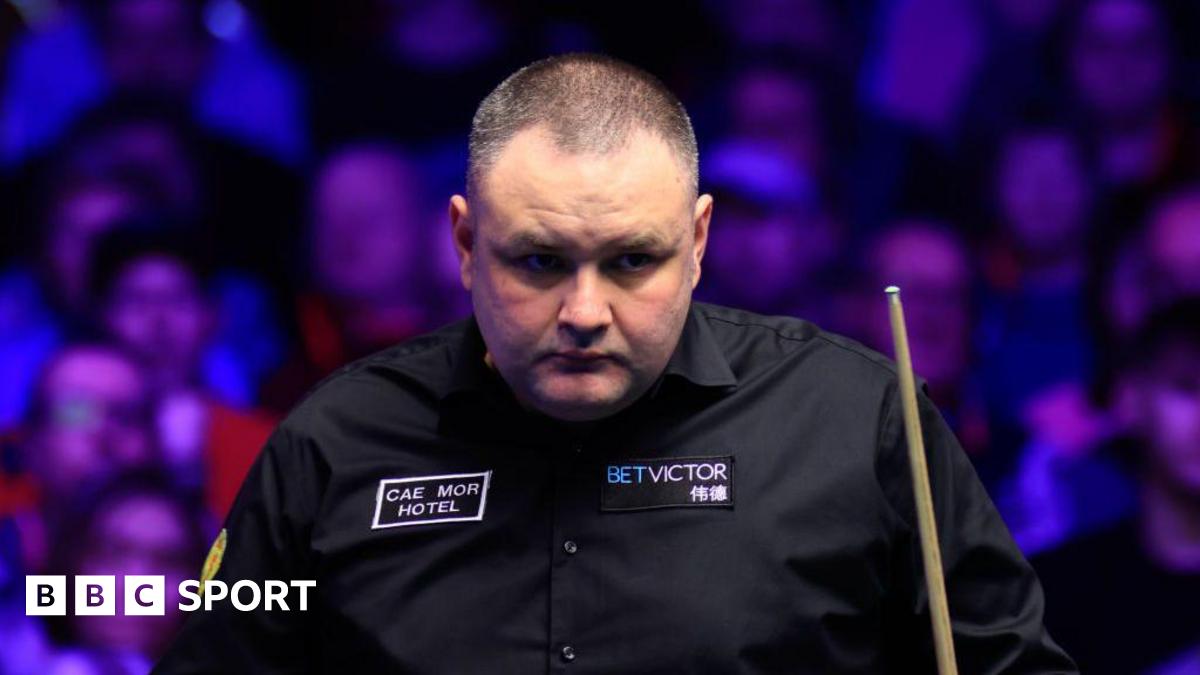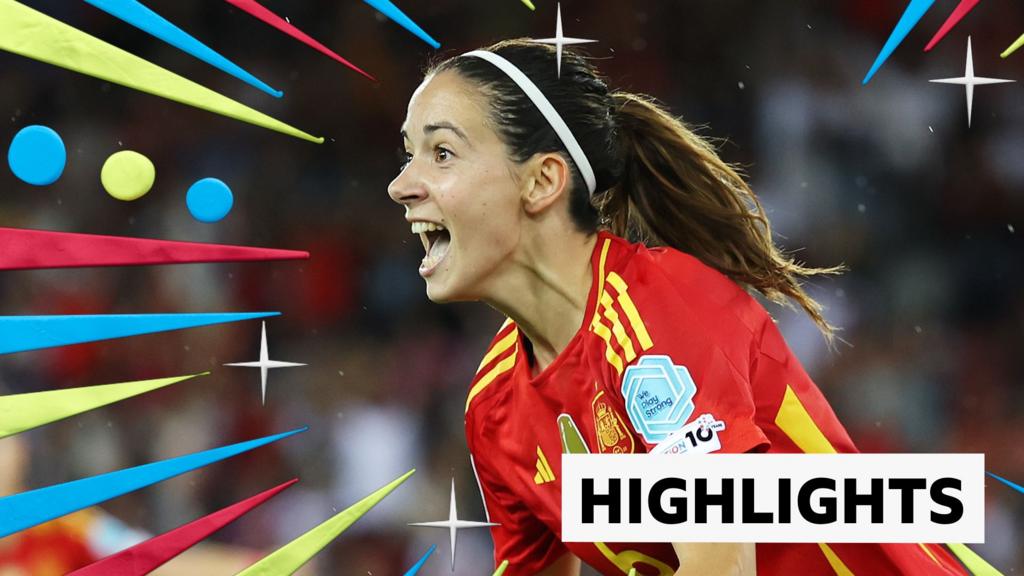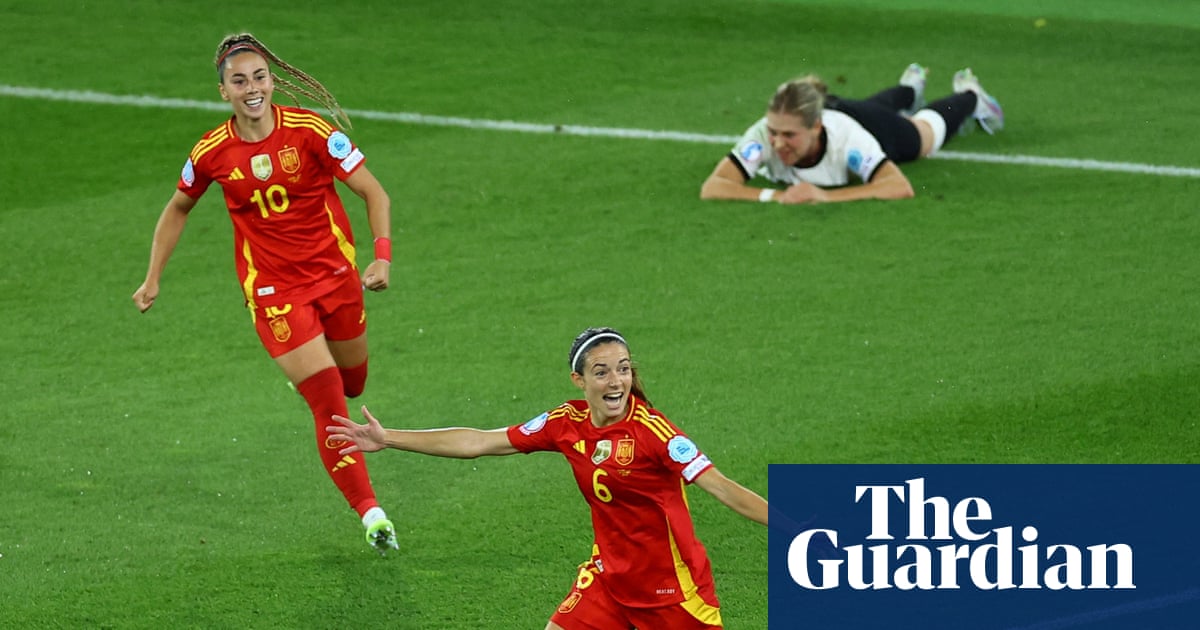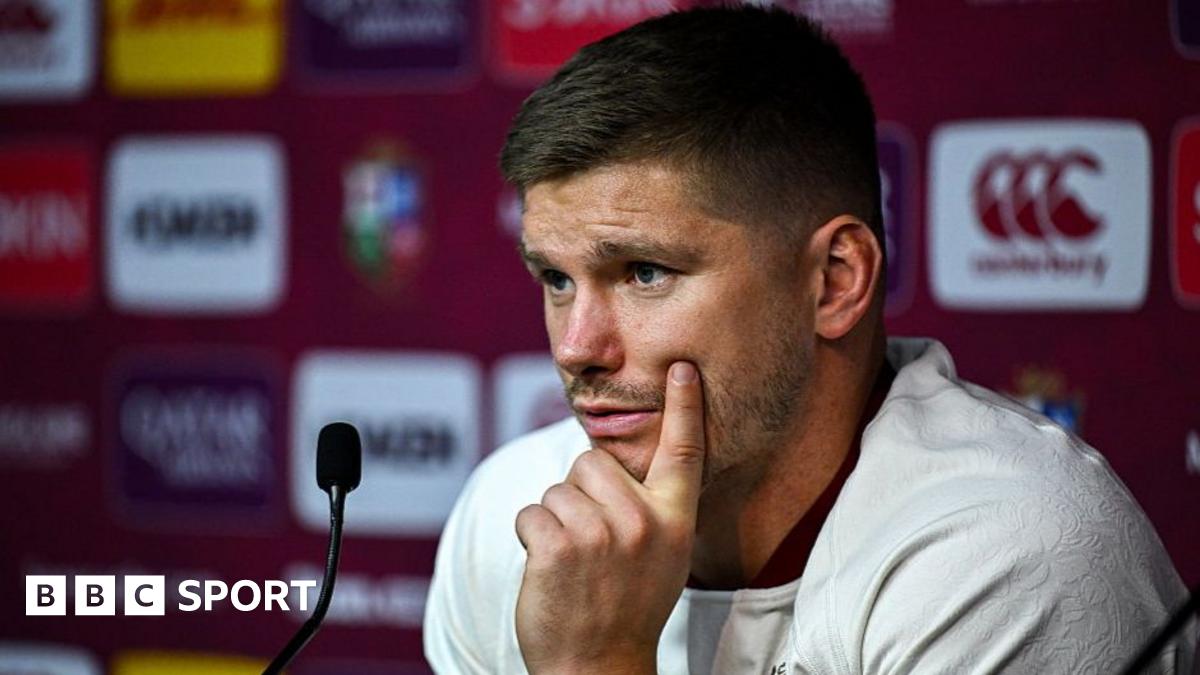In February, Norwegian chess grandmaster Magnus Carlsen extended his reign over the online chess world when he defeated longtime rival Hikaru Nakamura in back-to-back matches to retain his Chessable Masters title. The tournament kicked off this year’s Champions Tour, a circuit Carlsen has dominated since its launch in 2020. But now, the stakes were even higher: the tour doubles as a qualifier for the Esports World Cup in Riyadh, Saudi Arabia, where the winner of the chess section of the tournament will take home $250,000 for three days’ work.
The chess tournament is part of the broader Esports World Cup, a seven-week spectacle that began on 8 July and stretches into late August. This is only the second edition of the World Cup but with more than 2,000 participating players, 25 different events and a record-breaking $70m total prize pool, it is the largest and most ambitious event of its kind.
Chess is set to make its debut at this year’s edition. The sport has captured a massive new audience in recent years, fueled by charismatic YouTube personalities, platforms like Chess.com, Netflix hit drama The Queen’s Gambit, and a pandemic that imposed agonizing periods of isolation. Amid this online resurgence, the centuries-old game of intellectual prowess has remerged as a digital-era sensation.
Keen to capitalize on chess’s popularity, Saudi Arabia enlisted Carlsen as the global ambassador for the Esports World Cup. Along with Cristiano Ronaldo, Carlsen is expected to lend his name and fanbase to the event in the hopes of luring new fans to the Saudi-bankrolled tournament. That public relations campaign seemingly kicked off on the opening day of the world cup, when Carlsen issued a friendly challenge to play a chess match against Ronaldo.
“I personally don’t know what Ronaldo has done on the chess chessboard, but what he has done in his life, in his football career, is extremely impressive. So, I would certainly be very honored if I could, you know, meet him or play chess while I’m here,” Carlsen told reporters.
Carlsen’s decision to peddle Saudi PR came as a bit of a surprise given his limited engagement with the kingdom in the past. He won the 2017 world championships (in rapid and blitz chess) in Riyadh, a tournament that was boycotted by his top female counterpart from Ukraine because of Saudi Arabia’s discrimination against women. The closest Carlsen came to criticizing the kingdom at the time was over the refusal to grant visas to Israeli players. “I hope that if [the rapid and blitz championships] are arranged here several times, that everyone can participate,” Carlsen told Norwegian broadcaster NRK.
Carlsen is not known for taking strong stances on human rights issues. On 21 March 2019 – the UN’s international day for the Elimination of Racial Discrimination – Carlsen and former chess champion Anish Giri launched the #MoveForEquality campaign to tackle the issue through a symbolic chess match where black moved first instead of white, breaking a longstanding chess rule. However, while Carlsen has largely steered clear of human rights debates, his decision to partner with Saudi Arabia underscores how few sports stars can resist the kingdom’s growing influence … or its deep pockets.
Though Carlsen’s deal is technically with the Esports World Cup, the event is entirely owned by Saudi’s sovereign wealth fund, the Public Investment Fund (PIF) and is part of the kingdom’s broader power plays across sports. Over the past nine years, the kingdom has invested unprecedented sums across a wide range of sports as part of an overarching soft power strategy aimed to rebrand Saudi Arabia as a global hub for sports, tourism and entertainment. The vast majority of these investments – including Saudi’s foray into boxing, its purchase of English Premier League club Newcastle United, and its securing of the hosting rights for the 2034 World Cup, have been facilitated by the PIF, which is chaired by Saudi’s crown prince (and de facto ruler) Mohammed bin Salman – reportedly an avid gamer himself.
Carlsen now joins other renowned athletes like Ronaldo, Rafael Nadal, and Lionel Messi as well-paid pitchmen for the Saudi regime. In 2023, I broke a story for the New York Times which revealed the details of Lionel Messi’s partnership with Saudi Arabia’s tourism authority – a deal valued at $25m over three years, including publicized vacations in Saudi with his family, as well as a series of promotional material and regular social media posts. However, the real revelation was that Messi’s contract also included a non-negotiable condition for Saudi officials: Messi cannot say anything that might “tarnish” Saudi Arabia’s image.
It is possible, if not likely, that a similar clause is included in Saudi’s agreements with each of its ambassadors, including Carlsen. It is a strategy that allows the kingdom to reap the promotional benefits of being associated with some of the world’s most beloved athletes while maintaining full control of the narrative being presented, under penalty of litigation.
Nevertheless, Carlsen’s willingness to cooperate with Saudi Arabia is not surprising. The kingdom’s vast investments in sports and entertainment, backed by its seemingly limitless resources, have helped normalize its image, making it more palpable to previously hesitant audiences. Even Saudi Arabia’s increasing human rights abuses, from quashing dissent to record-breaking execution rates, have had little impact on those eager to participate in the Saudi gold rush. This including the burgeoning world of esports and gaming.
after newsletter promotion
Over the past few years, Savvy Games Group, a company owned by the PIF, has acquired a large portion of the global esports industry. Aside from holding shares in Nintendo, Electronic Arts, and Activision, Savvy acquired mobile game developer Copley for $4.9bn, which later went on to acquire Niantic, the games business behind Pokémon Go. Saudi Arabia is also building Qiddiya City, a dedicated district that will house regional esports headquarters, clubs, and arenas. It is an exceptional level of investment that makes Saudi impossible to ignore as the major player in the global esports market.
And though it would be easy to write off the kingdom’s efforts as sportswashing – a term that describes efforts to use sports as a distraction from ongoing human rights abuses – I would argue that the term offers an overly simplistic understanding of the kingdom’s aims. It is a multi-pronged strategy that is part foreign policy, part domestic socialization project, a strategy of pacifying the public with entertainment and material goods. With more than two-thirds of Saudi Arabia’s population under the age of 35 – a significant number of whom are gamers – the kingdom’s heavy investment in gaming has only enhanced bin Salman’s popularity among young Saudis, which further stabilizes his regime.
As for Carlsen, his role as an ambassador for one of Saudi’s spectacles underscores the kingdom’s ability to lure almost any athlete across sports and entertainment. Along with the likes of Messi, Ronaldo and Nadal, Carlsen is merely the latest star mobilized to help legitimize Saudi Arabia as a global destination for sports and soften its controversial image among fans.
And with every star who signs on, the regime’s image gleams just a little bit brighter.

 14 hours ago
1
14 hours ago
1










 English (US)
English (US)